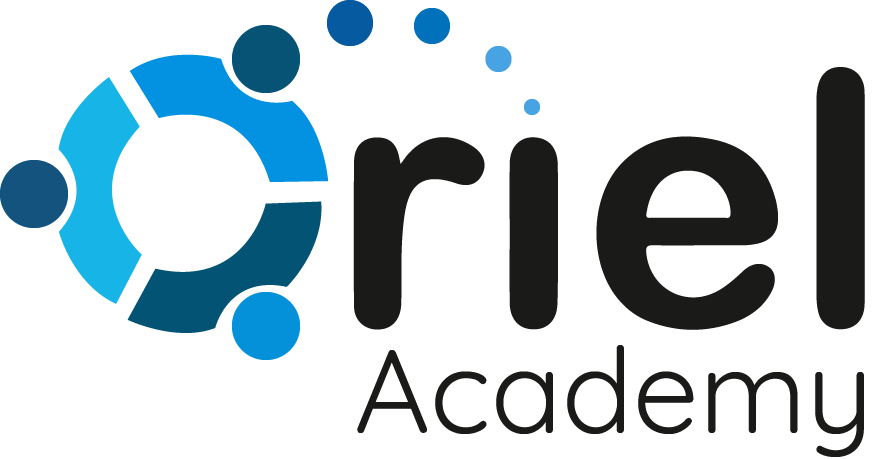Let’s be honest—no one enjoys feeling like just another appointment on the calendar. In healthcare, trust is everything. People want to feel cared for, understood, and respected. That’s where a strong PRM strategy—Patient Relationship Management—comes in. It’s not just about sending reminders or collecting feedback. It’s about building real, meaningful connections with your patients.
In this blog, we’ll walk through how a thoughtful, patient-first PRM approach can improve trust, deepen loyalty, and ultimately create better outcomes for everyone involved.
So, what exactly is a PRM strategy?
Think of a strong PRM strategy as your game plan for staying connected with patients in a way that feels personal, supportive, and consistent. It goes beyond the clinical visit and focuses on the entire patient journey—before, during, and after care.
From friendly appointment reminders and follow-up emails to listening to patient feedback and adjusting accordingly, PRM is the heart of patient communication. When done right, it shows patients that you truly care—not just about their health, but about them as people.
1. Trust Starts with Clear, Honest Communication
When patients feel informed, they feel empowered. That’s why communication is the first major win of a strong PRM strategy. Whether it’s a simple reminder about a checkup, updates on lab results, or information about a new service, timely and transparent messages build confidence.
And let’s face it—when you’re dealing with health concerns, being unware about your condition or what’s really happening to your body can be stressful. A well-run PRM system helps reduce that anxiety by keeping patients in the loop and showing that your practice values openness.
2. Make It Personal—Because People Remember How You Make Them Feel
Nobody likes robotic, generic messages. With a strong PRM strategy, you can tailor interactions based on patient history, preferences, or even their name. A birthday message, a personalized post-visit tip, or a follow-up check-in—these little things go a long way.
When patients feel like they’re more than just a chart or file number, they’re more likely to stick around—and even recommend your services to others.
3. Engaged Patients = Healthier Patients
When patients are engaged, they become active participants in their own care. A good PRM strategy makes that easier. Maybe they get a reminder to refill their prescription or a link to a wellness article that actually speaks to them.
This kind of ongoing, thoughtful interaction not only helps patients stay on track—it also creates a genuine sense of connection. When people feel supported and truly cared for, they’re much more likely to come back, share their positive experiences with others, and continue their care journey with confidence.
4. Listen, Learn, and Show You Care
Feedback is a gift. Asking patients how their visit went—or how your team could do better—opens up a conversation that many practices miss. The real magic, though, comes from doing something with that feedback.
When patients see that you actually listen and make changes, they feel respected. And respect leads to loyalty. A strong PRM strategy makes it easy to collect feedback and, more importantly, act on it.
5. Loyalty Grows from Consistent, Genuine Care
At the end of the day, it’s the small, consistent efforts that turn a one-time visit into a lasting relationship. A strong PRM strategy helps you check in, share helpful info, and show up for patients—even when they’re not in your waiting room.
That kind of steady, genuine care doesn’t just keep people coming back—it makes them your biggest advocates.
Final Thoughts
In a world where people are overwhelmed with choices, what makes a healthcare provider stand out is the human touch. A strong PRM strategy helps you deliver that by treating patients as individuals, not numbers.
It’s not about doing everything flawlessly—it’s about showing up with empathy, being reliable, and making patients feel seen and valued every step of the way.
Want to learn more about building strong communication and trust in healthcare?
Visit Oriel Academy for training, tools, and expert guidance that puts people first.





